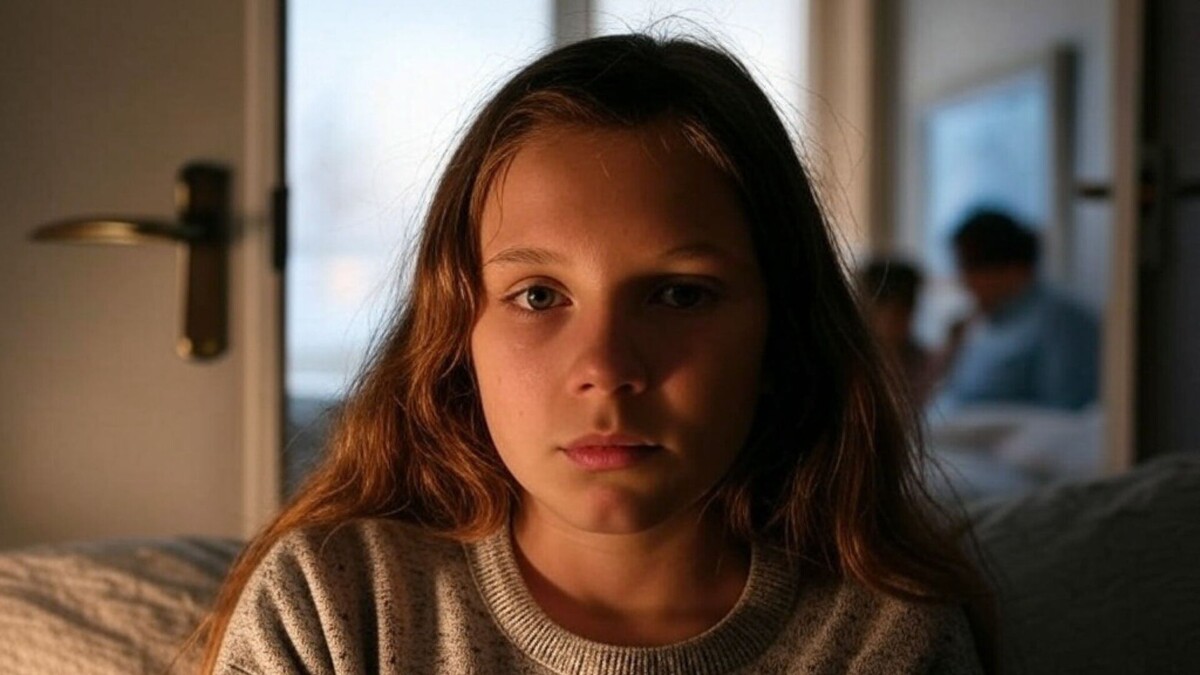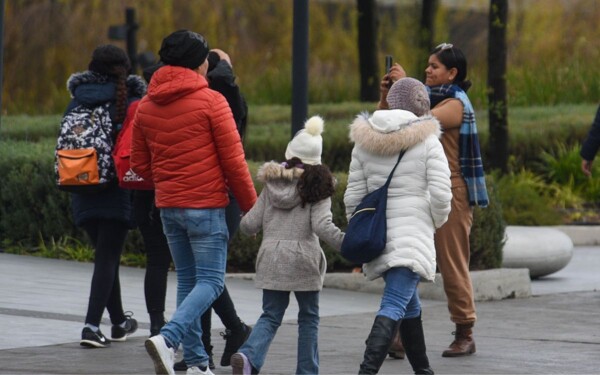
The divorce process can be especially complicated for children, both in the short and long term. It's vital to protect children during this difficult time. Little ones under 5 years old need simple and concrete explanations. For them, the separation of their parents can be perceived as trauma due to their inseparable bond with both parents.
Between the ages of 5 and 8, children begin to need more information. It is important for them to understand how the separation will affect them personally, as many may feel guilty or have fantasies about the family reuniting. In preadolescence (ages 9 to 12), children may view the separation as something beyond their control, which can lead to emotional conflicts and loyalty issues towards both parents.
In adolescence, young people may react in different ways to their parents' separation. Some may show maturity and understanding, while others may deny the problem or exhibit rebellious behavior. It is crucial to address the issue directly and empathetically, without beating around the bush, to help them manage their emotions.
The psychological repercussions of divorce can manifest in the short, medium, or long term, causing distress to children. Although good communication with parents can help, sometimes the intervention of mental health professionals is needed to mitigate negative effects.
It is essential that parents undergoing separation focus on their children's emotional well-being, helping them navigate this crisis progressively and with minimal impact. Gradually and coherently explaining the reasons for the separation, avoiding blame, and presenting a realistic view of the challenges that may arise is fundamental.
Despite the separation, it is important to remember that children remain part of a family. Parents can separate, but the relationship with the children must remain intact. Providing them with emotional stability and support during this process of change is key to their long-term well-being. At C7 Mental Health, we are available to offer support, therapy, and resources to help you navigate this situation in the best possible way. You matter!














